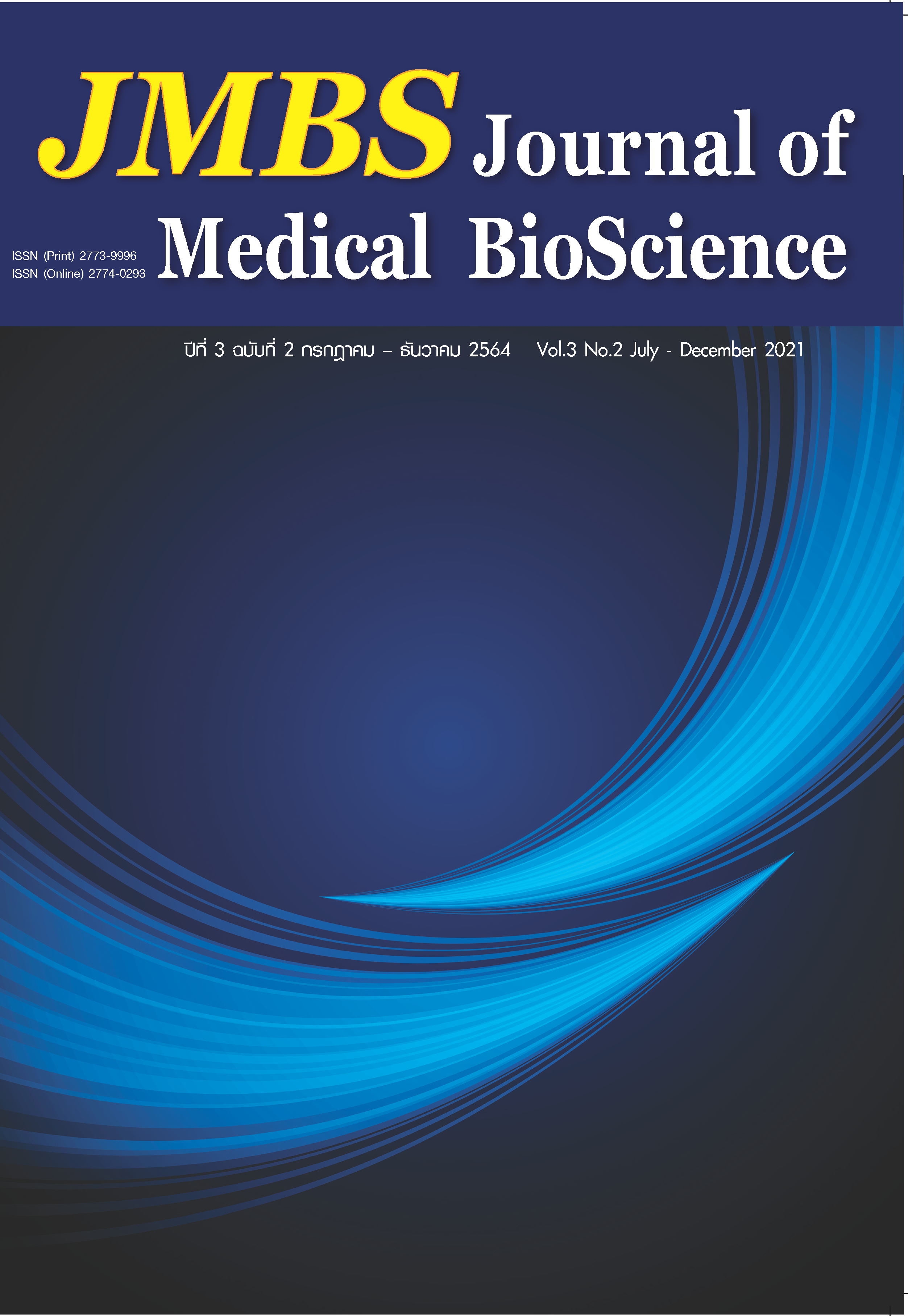Presenteeism in medical residents
Main Article Content
Abstract
Recently, media coverage has led to an increase in recognition of presenteeism among health-care workers. Presenteeism is defined as employees presenting to work despite physical or mental illnesses that should be justified for sick leaves. It is especially prevalent among health care workers, social workers, welfare workers and teachers. Presenteeism can lead to negative economic impacts including reduction in productivity and quality of work. It can also have detrimental effects on the psychological health including exhaustion and burnout. In addition, presenteeism can also increase the spread of infectious diseases from health care workers to patients. In Europe, health care workers’ responses to questionnaires indicated that 50% up to 80% of them experienced presenteeism. Specifically, among medical residents the prevalence was 59.1%. Associated factors contributing to presenteeism included personal health resource, occupational health factor and personal characteristics. However, the prevalence and risk factors associated with presenteeism among Thai medical residents are very little. To be information for preventing related factors. Therefore, the purpose of this academic subject is to determine the size of problem and related factors with work while sick in the medical residents.

